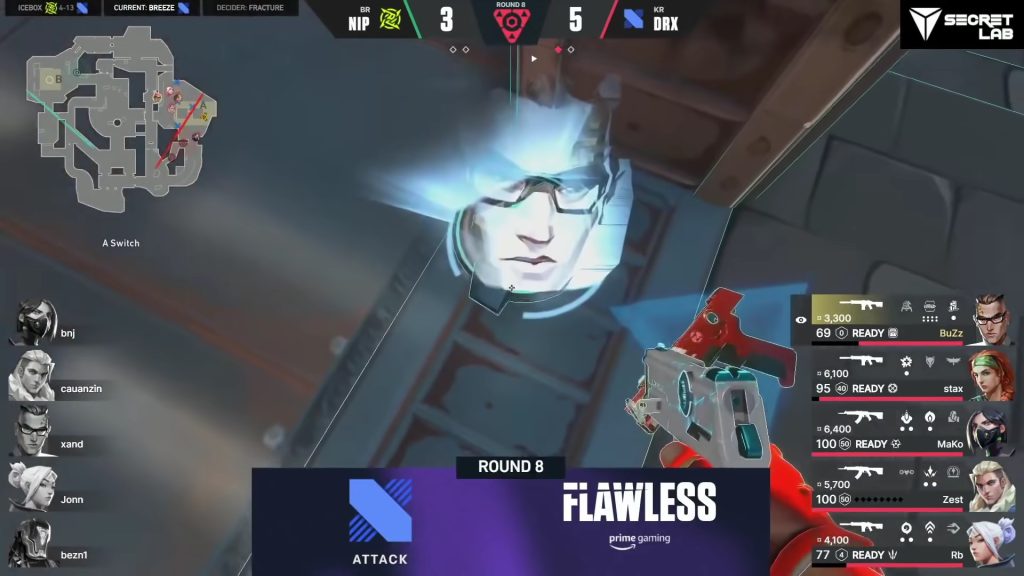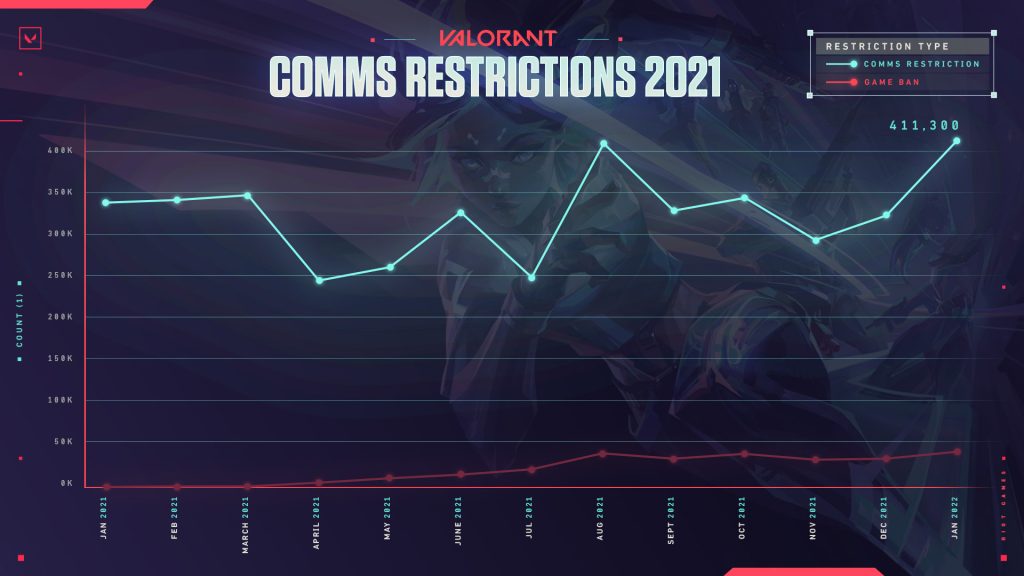FPS games cover a large market in the gaming industry and competitive tournaments. A significant player base of FPS games like Valorant, Counter-Strike, and Call of Duty are well-known to be toxic.
This behavior is present in the competitive world as well, where famous pro players are seen abusing enemies. Let’s get into the core of this problem and see what can be done to minimize it.
Key Takeaways
- Players of FPS games are notorious for their misbehavior in various gaming environments.
- Even pro players commit such acts in professional international tournaments.
- A major factor is the “Win at All Costs” mentality, which causes players to become rude due to the fear of losing.
- The abusive conduct is not limited to words only but includes actions not allowed or that are considered unethical in the community.
- Developers and Tournament Organizers try their best to minimize such conduct by implementing features and penalties.
Win At All Costs Mentality
First-person shooter games offer a thrilling experience to players and require implementing strategies, tactics, and great reflexes to achieve potential rewards or fame. Although this looks insignificant, in a competitive environment, such glory combined with high monetary prizes overcomes the desire to be fair or ethical.
Hence, most competitive players have the “Win at all costs” mentality, that triggers them to be rude, toxic, or unfair to their enemies to get a tactical advantage. Being toxic decreases the opponent’s morale, causing reduced performance in matches. Therefore, some players find this tactic pretty helpful and use it frequently.
Not Just Words

Toxicity isn’t just limited to verbally abusing someone over the comms or in the chat. It extends to making immoral gestures in real time, unethical in-game actions, or exploiting glitches to get an unfair advantage.
Even in games like Valorant, where toxicity is common, many people consider using a certain weapon, “Odin,” to be toxic, although it’s just a part of the game. Similarly, in Call of Duty, there are certain emotes making immoral gestures that players abuse a lot when they get a kill or knock down an enemy.
Another common gesture is “Tea-bagging,” which toxic players do on opponent’s dead bodies. In the VCT (Valorant Champion’s Tour), a pro player got a huge fine for doing the same gesture.
Global Issue
Being toxic doesn’t relate to one’s locality, nor is it the practice of a certain region. This issue is global, as such players exist all over the world. Many are present in the history of eSports, especially in Call of Duty, Counter-Strike, and Valorant, where pro players are fined and get penalties for being toxic live in international tournaments.
Developers’ & eSports’ Response

This problem is increasing day by day, from casual games to professional tournaments. However, there are several features implemented in games to avoid such situations.
These include muting toxic players, reporting, disabling chats, and administrating penalties. In tournaments, players have been fined, given a penalty, disqualified, or restricted from participating in future tournaments.
Developers are using modern-day solutions like AI models to help detect toxic keywords and notice frequent reports more effectively. The automatic penalty systems have improved a lot, and a large number of abusive players have been banned in response.
Similarly, eSports organizers have a strict code of conduct that players must comply or else they will be penalized accordingly. Tournament organizers monitor matches strictly to catch any such behavior and take the required action immediately.
Is There Any Solution?
The current systems to detect and administer toxic behavior seem to work fine. But, I would say that there isn’t a lot we can do to eradicate the problem. Being toxic exists like some people that we cannot control or change.
The best developers can do is to control how their actions affect other people and try to create a peaceful environment for everyone.
Good job! Please give your positive feedback 😏
How could we improve this post? Please Help us. 💡
Sami is an experienced writer who loves playing video games in addition to being committed to Electronics and Programming as his majors. He writes interesting articles about AAA games like Diablo 4, Starfield, Remnant 2 and God of War Ragnarok, beneficial to every skill level, keeping readers entertained and informed. Sami plays games across all platforms, you can check out His Steam, and Nintendo Switch Username: NightOwl.



